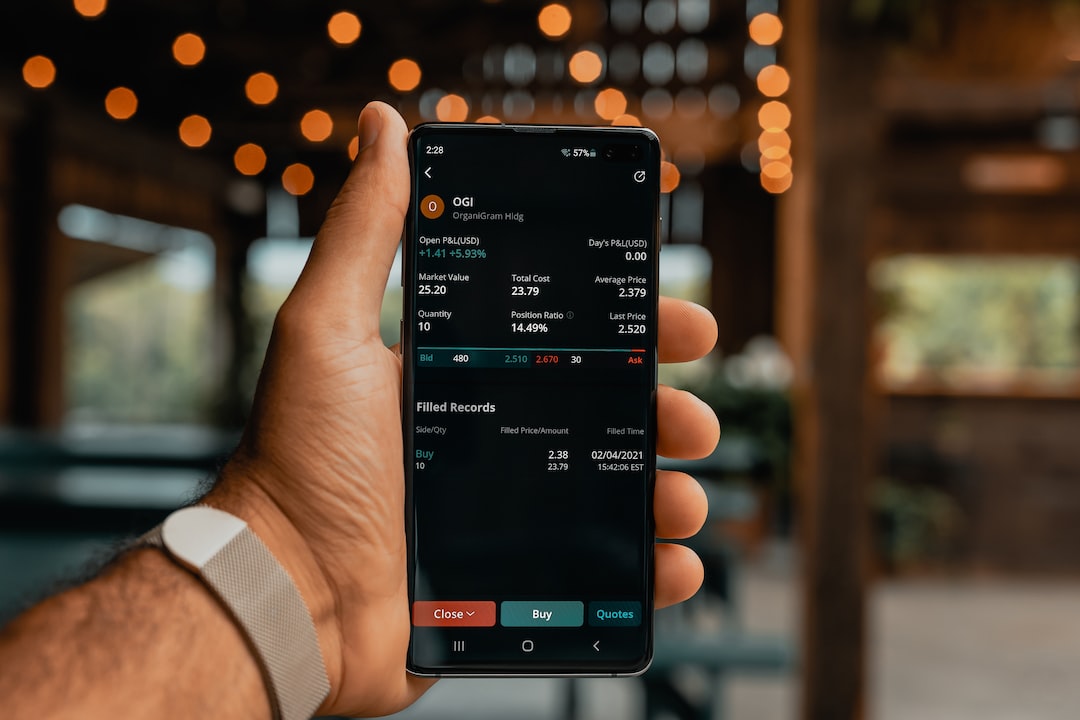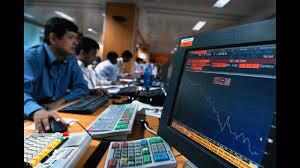Amidst the burgeoning global economy, individuals and investors worldwide are exploring diverse financial avenues seeking lucrative returns. Forex trading, encompassing the buying and selling of foreign currencies, has emerged as a compelling option. With India boasting a burgeoning economy and an aspirational populace, it’s imperative to address the pertinent question: can Indian citizens participate in forex trading?

Image: www.forex.academy
The answer is an emphatic yes, Indian citizens can indeed engage in forex trading. However, it’s crucial to navigate this realm with awareness, adhering to regulatory guidelines and embracing a prudent approach. In this comprehensive guide, we will delve into the intricacies of forex trading for Indian citizens, empowering you with the requisite knowledge to make informed decisions.
Understanding the Nature of Forex Trading
Forex trading, also known as foreign exchange trading, entails exchanging one currency for another with the objective of profiting from fluctuations in exchange rates. This dynamic market operates 24 hours a day, five days a week, facilitating global currency exchange. Forex trading, often executed through online platforms, offers investors a range of currency pairs to trade, encompassing major currencies like the US dollar, Euro, and Japanese yen.
Legality of Forex Trading for Indian Citizens
In India, forex trading is deemed legal and falls under the purview of the Foreign Exchange Management Act (FEMA) of 1999. Notably, only authorized dealers designated by the Reserve Bank of India (RBI), India’s central bank, are permitted to conduct forex trading. Individual Indian citizens cannot engage in direct forex trading with foreign entities.
However, Indian citizens can participate in forex trading through authorized dealers who offer forex trading platforms. These platforms enable individuals to trade currency pairs within the regulatory framework established by the RBI.
Choosing a Reputable Forex Broker
Selecting a trustworthy and regulated forex broker is critical for successful forex trading. Indian citizens should consider brokers who are registered with or authorized by recognized regulatory bodies such as the Securities and Exchange Board of India (SEBI), Financial Conduct Authority (FCA), or Commodity Futures Trading Commission (CFTC).
Reputable brokers provide secure trading platforms, offer competitive spreads and commissions, and ensure compliance with regulatory requirements. They also offer educational resources and support, aiding traders in enhancing their knowledge and refining their trading strategies.

Image: myforexglobal.com
Essential Considerations for Indian Forex Traders
Before venturing into forex trading, Indian citizens must be mindful of the following key considerations:
- Capital Requirements: Forex trading entails transacting in currency pairs, necessitating a certain level of capital to initiate trades. Traders should assess their financial situation and invest only what they can afford to lose.
- Risk Management: Forex trading carries inherent risks. Implementing robust risk management strategies, such as setting stop-loss orders and employing appropriate leverage, is crucial to minimize potential losses.
- Education and Research: A thorough understanding of forex market dynamics, technical analysis, and trading strategies is essential. Traders should invest time in education and research, leveraging available resources to enhance their trading knowledge.
Can Indian Citizen Do Forex Trading
Conclusion
Indian citizens can participate in forex trading through authorized dealers who offer forex trading platforms. While the market is potentially lucrative, it’s important to trade cautiously, adhering to regulatory guidelines. Choosing a reputable forex broker, understanding market dynamics, and employing sound risk management strategies are paramount to navigating the complexities of forex trading successfully.
By embracing a prudent approach, Indian citizens can harness the opportunities offered by forex trading, diversifying their financial portfolio and potentially reaping the rewards of this dynamic market.






